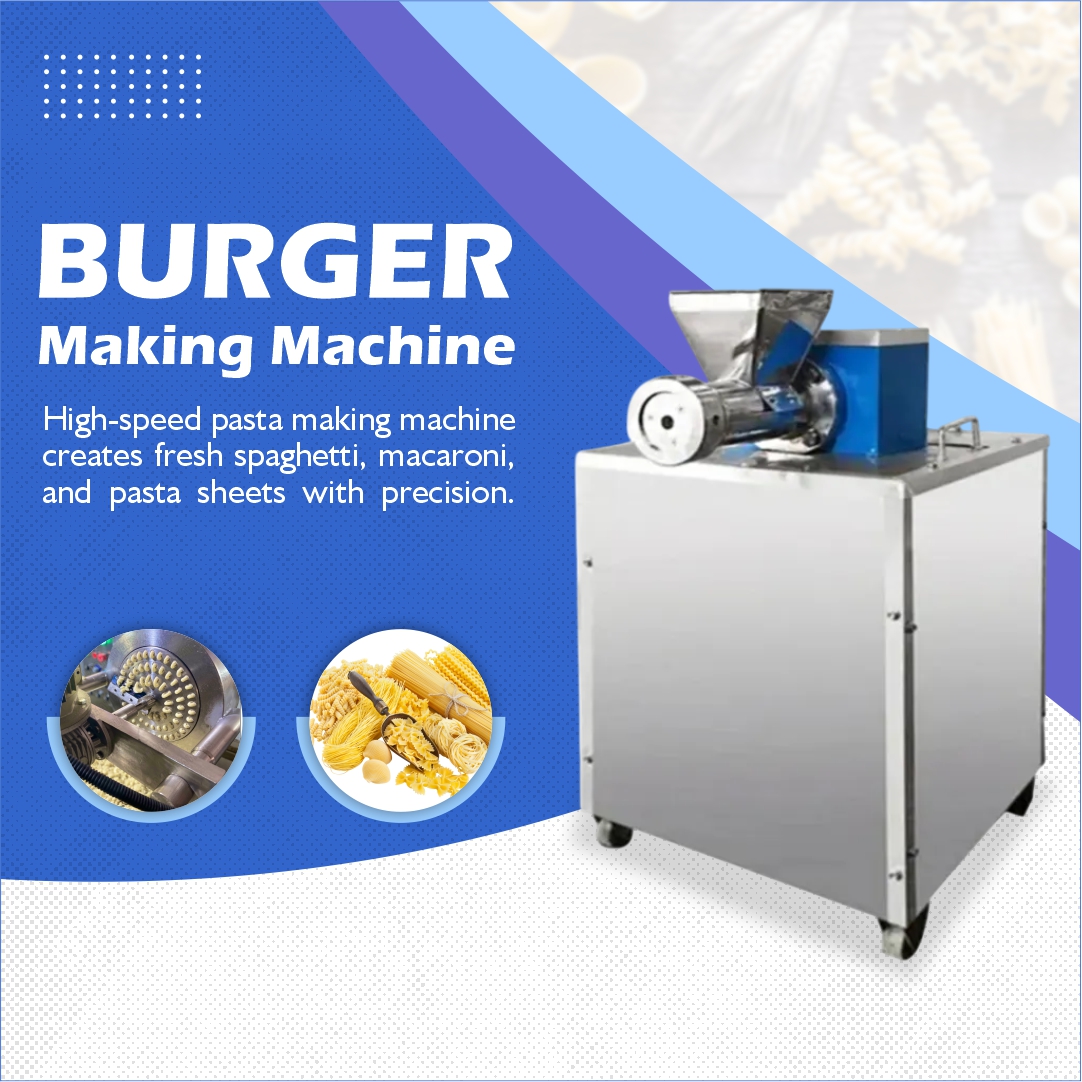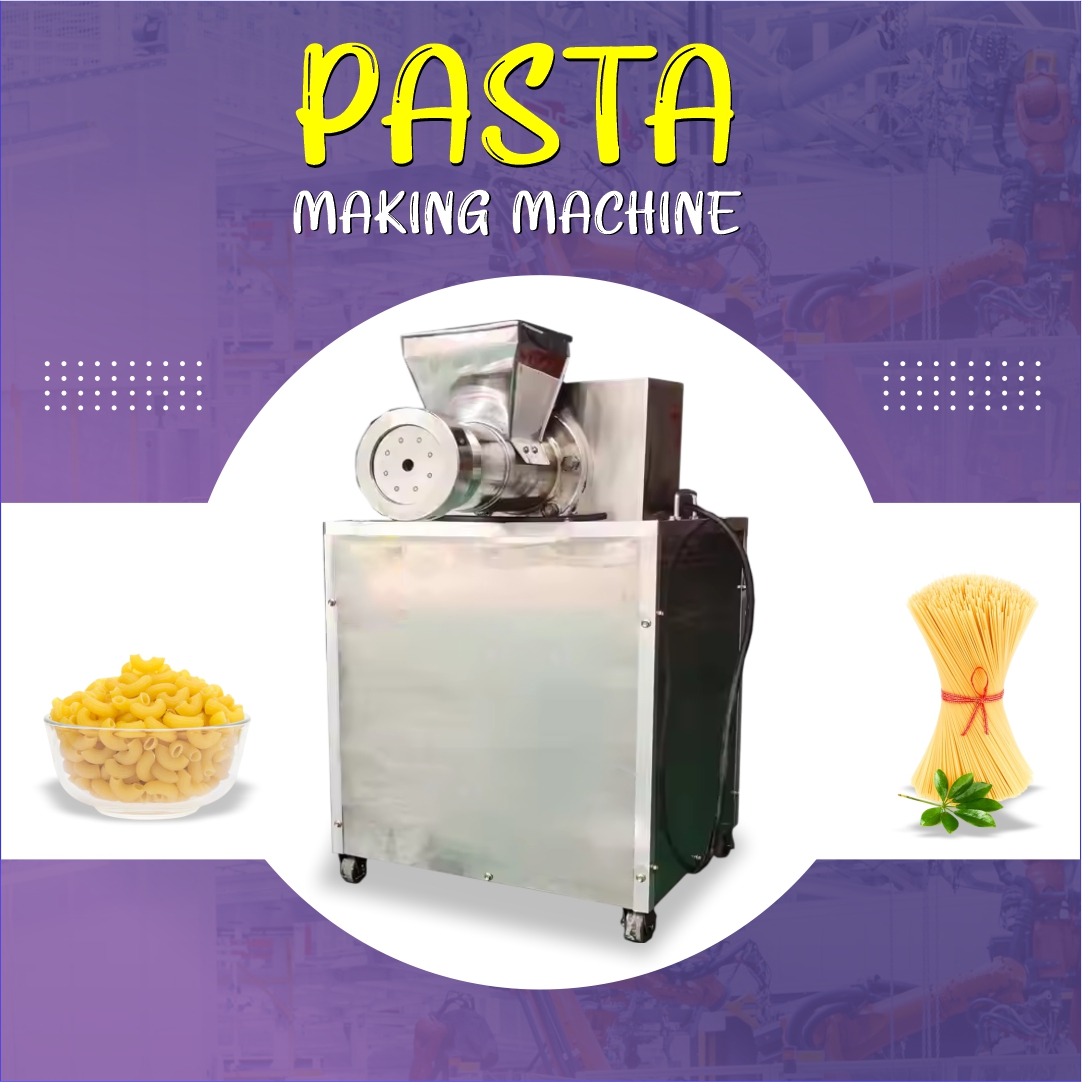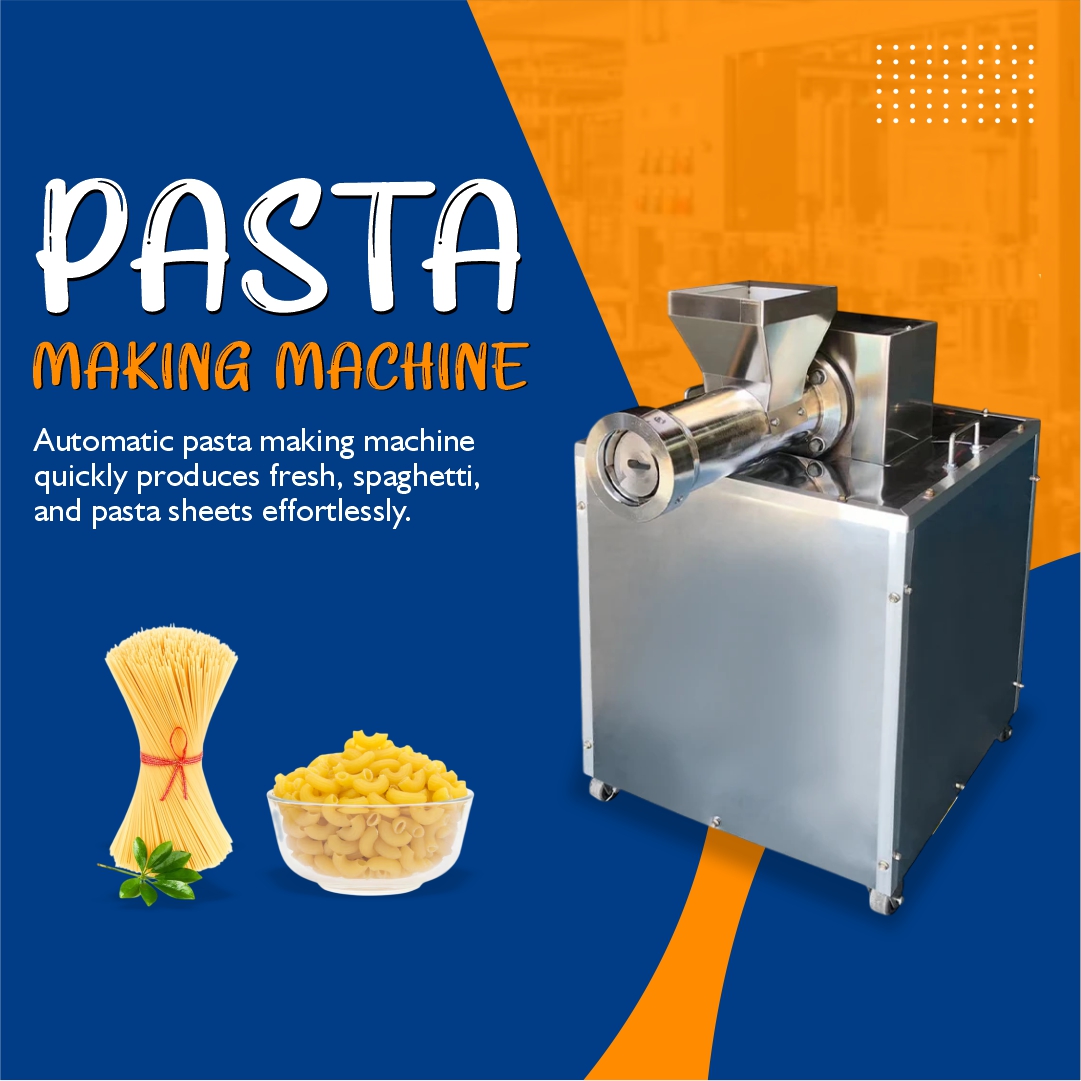Paper Plate Machines
- Double Die Paper Plate Machine
- Fully Automatic Paper Plate Machine
- Hydraulic Paper Plate Machine
- Paper Plate Making Machines
- Single Die Paper Plate Making Machine
Notebook Making Machine
- Notebook Cutting Machine
- Notebook Edge Squaring Machine
- Notebook Making Machine
- Notebook Spiral Binding Machine
- Notebook Stitching And Folding Machine
- Notebook Stitching Machine
Incense Making Machines
- Automatic agarbatti making machine
- Camphor Tablet Making Machine
- Dhoopbatti Making Machine
- Manual agarbatti making machine
Food Processing Machine
- BREAD SLICER MACHINE
- 4 BOLT OIL EXPELLER MACHINE
- 6 bolt oil expeller machine
- 9 BOLT OIL EXPELLER MACHINE
- Atta Chakki Machine
- Automatic paneer press machine
- Automatic rice mill with polisher
- Besan Making Machine
- Cattle feed machine
- Centrifugal chalna seperator
- Chapati Making Machine
- COLD PRESS OIL EXPELLER MACHINE
- Cotton Candy Making Machine
- Dal dryer machine
- Dal polisher machine
- Fully automatic noodles making machine
- Khoya Making Machine
- Kurkure Making Machine
- Kurkure roaster machine
- Laddu making machine
- Malli machine
- Masala coating machine
- Masala Making Machine
- Mini oil expeller machine
- Mini Rice Mill Machine
- Momos Making Machine
- Mustard Oil Expeller Machine
- Namkeen making machine
- Noodles Making Machine
- Oil And Hydro Dryer Machine
- OIL FILTER MACHINE
- Paneer press machine
- Pani Puri Making Machine
- Papad making machine
- Pasta Making Machine
- Planetary mixer machine
- Popcorn making machine
- Potato peeler machine
- Potato slicer machine
- RASGULLA MAKING MACHINE
- Soda vending machine
- Sugarcane juice machine
- Tomato Sauce Making Machine
Other Machines
- Concrete Vibrating Machine
- Automatic slipper machine
- Concrete Mixing Machine
- Cotton Wick Machine
- Hydraulic Press Brick Making Machine
- Ladies Bindi Making Machine
- Manual slipper machine
- Mini chaff cutter machine
- Paper cup making machine
- Sambrani cup making machine
- Sanitary Pad Making Machine
- Tissue Paper Making Machine
- Wire nail grinder machine
- Wire Nail Making Machine
- Wire nail polishing machine
Packing Machines
Detergent Making Machines
Rotary Oven Machine
- 12 tray rotary oven
- 18 tray rotary oven
- 24 tray rotary oven
- 36 tray rotary oven
- 42 tray rotary oven
- 84 tray rotary oven
Pasta Making Machine
Price: ₹ 280000
| Product Generic Name |
Pasta Making Machine |
|---|---|
| Machine Type |
Automatic |
| Capacity |
30-150KG/HR |
| Material |
Iron, Stainless Stee |
Add To Cart
Pasta Making Machine: The Perfect Equipment for Efficient Pasta Production
A pasta making machine is an essential piece of equipment for businesses involved in the production of pasta. Whether you're a small artisan pasta maker or a large-scale pasta manufacturing plant, this machine is designed to automate the process of making fresh pasta dough, shaping it into various types of pasta, and ensuring consistent quality and texture.
In this article, we’ll explore the features, benefits, and applications of the pasta making machine, and how it can help businesses improve their production capacity and efficiency while maintaining high standards of product quality.
What is a Pasta Making Machine?
A pasta making machine is an industrial machine designed to produce different types of pasta from dough. It automates several stages of pasta production, including mixing, kneading, rolling, and shaping, allowing businesses to create a wide variety of pasta types such as spaghetti, penne, fusilli, and macaroni. This machine is an essential tool for large-scale pasta manufacturers, as well as smaller pasta producers and restaurants.
How Does a Pasta Making Machine Work?
The process of making pasta using a pasta making machine typically involves the following steps:
-
Mixing and Kneading:
The first step in pasta making is mixing the ingredients, usually semolina flour and water, to form a dough. A pasta making machine has a mixing unit that automatically combines these ingredients and kneads them to achieve the perfect consistency. -
Rolling:
After kneading, the dough is passed through rollers that flatten it into thin sheets. The rollers can be adjusted to achieve the desired thickness of the dough sheet. Some pasta making machines offer multiple roller settings for versatility. -
Shaping:
Once the dough is flattened, it is passed through a die or mold to shape the dough into various types of pasta, such as spaghetti, penne, macaroni, and more. The dies are interchangeable, allowing for the production of different pasta shapes. -
Cutting:
The shaped pasta is then cut into desired lengths using a built-in cutting mechanism. The machine can be adjusted for different pasta lengths and sizes. -
Drying (Optional):
In some cases, the pasta may go through a drying process to extend shelf life. While not all pasta making machines include a drying feature, many large-scale machines have integrated drying systems for pasta production.
Benefits of Using a Pasta Making Machine
-
Increased Production Efficiency:
A pasta making machine significantly increases production efficiency by automating most of the pasta production process. This reduces the need for manual labor and increases output, allowing businesses to produce large quantities of pasta in a shorter time. -
Consistency and Quality:
One of the biggest advantages of using a pasta making machine is the consistency it offers. The machine ensures that each batch of pasta has the same texture, thickness, and shape, which is crucial for maintaining high product quality and meeting customer expectations. -
Cost-Effective:
By automating the production process, a pasta making machine reduces labor costs and minimizes the potential for human error. Additionally, these machines are designed to optimize the use of ingredients, reducing waste and increasing profitability. -
Versatility in Pasta Shapes:
Many pasta making machines come with interchangeable dies that allow businesses to produce a variety of pasta shapes, from traditional spaghetti and penne to innovative pasta varieties like fusilli and farfalle. This versatility allows businesses to cater to a wide range of customer preferences. -
Reduced Labor Requirements:
The automated nature of the pasta making machine reduces the need for manual intervention, minimizing labor costs and human error. This makes the machine ideal for large-scale production and helps businesses focus on other aspects of production, such as packaging or distribution. -
Improved Hygiene and Safety:
Most pasta making machines are made from high-quality stainless steel, which is easy to clean and maintain. This ensures a hygienic production process and helps businesses comply with food safety standards. -
Energy Efficiency:
Modern pasta making machines are designed to be energy-efficient, consuming less power while offering high output. This can help businesses reduce their energy bills and improve overall operational costs.
Key Features of a Pasta Making Machine
-
Heavy-Duty Construction:
Pasta making machines are typically built with strong, durable materials, often stainless steel, to withstand the demands of continuous production. The robust construction ensures that the machine can operate for long hours without breakdowns. -
Multiple Die Options:
The ability to switch out dies allows the machine to produce various pasta shapes. This is particularly useful for businesses that want to diversify their product offerings. -
Adjustable Rollers:
Most pasta making machines come with adjustable rollers that can be set to different thicknesses. This gives manufacturers control over the texture of the pasta and ensures consistent quality. -
Automatic Feeding System:
Many pasta making machines come with an automatic dough feeding system, which simplifies the production process. This feature reduces the need for manual handling of ingredients, speeding up the process and reducing labor costs. -
Integrated Drying System (Optional):
Some large-scale machines come with integrated drying systems to further process the pasta, ensuring it is ready for packaging and distribution without the need for an external drying facility. -
Easy Maintenance:
Pasta making machines are designed for easy maintenance. Their stainless steel bodies and removable parts ensure that they can be cleaned and serviced quickly, minimizing downtime and maximizing productivity.
Applications of a Pasta Making Machine
-
Large-Scale Pasta Manufacturers:
Large pasta manufacturing companies rely on pasta making machines for mass production. These machines allow them to produce pasta at a high volume, meeting the demands of both wholesale customers and retail markets. -
Artisan Pasta Producers:
Small, artisan pasta makers can use pasta making machines to streamline their production process while still maintaining the high quality and unique shapes of their handmade pasta. -
Restaurants and Catering Services:
Some restaurants and catering services may use pasta making machines to produce fresh pasta on-site. This ensures that they can offer customers high-quality, homemade pasta dishes. -
Commercial Food Producers:
Businesses involved in producing frozen, packaged, or ready-to-eat pasta products benefit from the use of a pasta making machine, as it helps them maintain consistent quality while meeting high-volume production requirements. -
Noodle Manufacturers:
In addition to traditional pasta, many pasta making machines can also be used for noodle production. This opens up new market opportunities for businesses looking to expand their product lines.
How to Choose the Right Pasta Making Machine
When selecting a pasta making machine, consider the following factors:
-
Production Capacity:
Choose a machine based on the amount of pasta you intend to produce. Small-scale businesses may opt for a more compact machine, while large manufacturers will need industrial-scale machines with higher output capabilities. -
Pasta Shapes:
Consider the types of pasta you want to produce. Look for machines with interchangeable dies that allow you to create a variety of pasta shapes. -
Ease of Use:
Choose a machine that is easy to operate, especially if you’re a small-scale producer or new to pasta making. Some machines offer user-friendly interfaces that simplify the production process. -
Energy Efficiency:
Energy-efficient machines can help reduce your operational costs over time. Look for machines designed to consume less power while maintaining high output levels. -
Maintenance Requirements:
Opt for a pasta making machine that is easy to clean and maintain. Stainless steel construction is ideal for ensuring durability and hygiene during the production process. -
Budget:
Determine your budget before selecting a machine. While high-end machines may offer more features, there are plenty of cost-effective models that deliver great value for smaller businesses.
Conclusion
A pasta making machine is a vital piece of equipment for businesses involved in the production of pasta, from small artisan producers to large-scale manufacturers. With its ability to automate the process of mixing, kneading, rolling, and shaping dough, this machine significantly increases production efficiency while ensuring consistent quality and a wide range of pasta shapes. Investing in a pasta making machine allows businesses to streamline operations, reduce labor costs, and produce high-quality pasta that meets market demand.
If you are looking to boost your pasta production, consider the benefits and versatility offered by a pasta making machine to stay competitive in the food industry.
-
High Production Efficiency
Automates the entire pasta-making process, allowing for high output and quick production, making it ideal for commercial kitchens or pasta manufacturers. -
Consistent Quality
Ensures uniformity in size, shape, and texture, delivering high-quality pasta with the perfect consistency for cooking and serving. -
Versatile Pasta Production
Capable of producing a variety of pasta types such as spaghetti, macaroni, fusilli, and more, allowing businesses to diversify their product offerings. -
Energy Efficient
Designed for optimal energy consumption, providing a cost-effective solution for large-scale pasta production without increasing electricity bills. -
Time-Saving Automation
Speeds up the pasta-making process by automating the mixing, extruding, and cutting, reducing the need for manual labor and saving valuable time. -
User-Friendly Operation
Simple controls and clear settings make it easy to operate, ensuring that anyone can use it with minimal training and supervision. -
Durable & Long-Lasting
Constructed with high-quality, food-grade stainless steel, the machine is durable and built to withstand heavy usage in high-volume production environments. -
Hygienic & Safe
The machine’s food-grade materials and easy-to-clean components ensure that the pasta production process is hygienic, adhering to food safety standards. -
Compact & Space-Saving Design
Despite its high production capacity, the machine is designed to fit into smaller kitchens or production spaces, optimizing available workspace. -
Increased Profitability
By automating production, the pasta-making machine reduces labor costs, improves consistency, and speeds up production, leading to increased profitability.
1. What is a Pasta Making Machine and how does it work?
A Pasta Making Machine automates the process of mixing, kneading, and shaping dough into various pasta types. The machine uses rollers and extruders to form the dough into specific shapes, such as spaghetti, fusilli, or macaroni, and is often used in both small-scale and large-scale production.
2. What types of pasta can be made using the machine?
Depending on the model, a Pasta Making Machine can create various types of pasta, including spaghetti, fusilli, penne, macaroni, farfalle, and tagliatelle. Some machines are designed with interchangeable dies, giving you the flexibility to create different shapes of pasta according to your preference, allowing for a wide range of culinary options.
3. What are the benefits of using a Pasta Making Machine?
A Pasta Making Machine offers several key benefits, including efficiency by automating the labor-intensive process and enabling high-volume production in less time. It ensures consistency with uniform thickness and shape for each pasta piece, enhancing overall quality. The machine's versatility allows for various pasta shapes, and many can also be used for making noodles or dumplings. Additionally, it promotes freshness by enabling you to make fresh, homemade pasta from scratch using natural ingredients.
4. What is the production capacity of a Pasta Making Machine?
The production capacity of a Pasta Making Machine varies depending on the model. Small-scale machines typically produce around 5-20 kg of pasta per hour, making them ideal for home use or small businesses. In contrast, commercial models are designed for high-volume production, capable of producing 50-200 kg or more per hour, making them suitable for large-scale pasta manufacturers.
5. How do I choose the right Pasta Making Machine?
-
Consider production volume: Choose a machine based on how much pasta you plan to make (e.g., small-scale vs. industrial-scale production).
-
Machine features: Look for features such as adjustable speed, various die options, and ease of cleaning.
-
Material quality: Ensure the machine is made of food-grade stainless steel for durability and hygiene.
-
Power requirements: Make sure the machine's power usage aligns with your facility's electrical setup.
6. How do I maintain and clean my Pasta Making Machine?
-
Regular cleaning: Clean the machine after each use to avoid residue buildup.
-
Lubrication: Periodically lubricate the moving parts to ensure smooth operation.
-
Inspect for wear and tear: Check the rollers and dies for any signs of damage to maintain optimal performance.
7. Can I make gluten-free pasta with the Pasta Making Machine?
Yes, you can use gluten-free flours such as rice flour, corn flour, or a gluten-free pasta blend to make gluten-free pasta. Ensure the machine is cleaned thoroughly between different types of dough to avoid cross-contamination.
8. How much does a Pasta Making Machine cost?
The price of a Pasta Making Machine depends on its size, capacity, and features. Small-scale models typically start around ₹50,000, making them suitable for home use or small businesses. In contrast, commercial models designed for larger operations can range from ₹1,50,000 to ₹5,00,000 or more, depending on the production capacity and additional features.
9. How can I order a Pasta Making Machine?
To inquire about a Pasta Making Machine or place an order, visit ASVR Engineering – Pasta Making Machine. You can also reach out to our sales team for a personalized quote based on your specific requirements.
10. Is the Pasta Making Machine suitable for home use?
Yes, there are smaller, more compact models available that are suitable for home kitchens or small businesses. These machines are designed to handle smaller quantities of dough while delivering fresh pasta in a quick and efficient manner.


